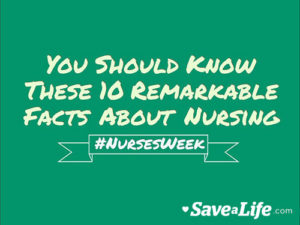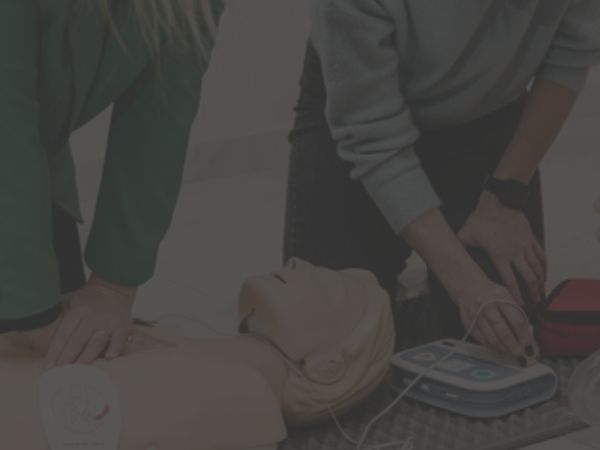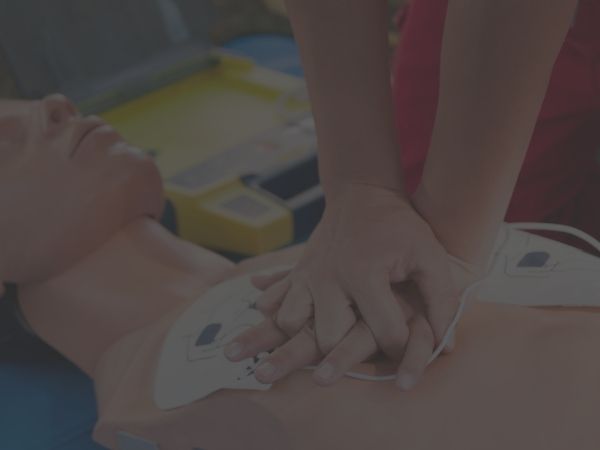Your cart is currently empty!
You Should Know These 10 Remarkable Facts About Nursing
NURSES: THEY ARE ONE OF A KIND. It’s no wonder there is an entire week dedicated to this profession every year! We couldn’t think of a better time than Nurse’s Week to share some amazing facts about the hard-working bunch. Think you know all there is to know about nursing? Think again! Here are 10 reasons why we think #NursesRock!
 10 FACTS ABOUT NURSING
10 FACTS ABOUT NURSING
1. The first nursing school was established in India in 250 B.C.
During this time, only men were allowed to attend school because they were viewed as more “pure” than women. Now, women practically dominate the field statistically. Data from the 2009 U.S Department of Health and Human Services stated that approximately 5.8% of nurses in the U.S were male. It wasn’t until the 1800s that nursing became a systematized practice.
2. The New England Hospital for Women and Children, established in 1862, was the first nursing school in the United States.
During the Crimean War, Florence Nightingale and 38 volunteer nurses were sent to a British camp in Turkey, where they began to practice what we know as modern nursing today. Before 1862, women were prevented from joining hospital staff and medical school. When the New England Hospital for Women and Children opened in Boston in 1862, women could finally receive clinical training. In 1873, America’s first women-trained nurses graduated from the school. The hospital is now known as Dimock Community Health Center.
3. Nurses are consistently named as one of the most trusted professions.
The annual Gallup Survey has named nursing as the highest-trusted profession for the 14th year in a row. Nurses are viewed as having high ethical and honesty standards by 85% of the public who took the survey.

4. There are over 100 nursing professions available to nurses
According to DiscoverNursing.com, there are currently 104 nursing professions available to nurses. Nursing is one of the most “customizable” careers you could pursue, as there are several types of degrees, certifications, job characteristics, and categories available. Some of these categories include:
· Advanced Practice
· Clinical
· Community
· Surgical
· Family
· Management
5. Nurses walk, on average, 4 miles a day.
A MEDSURG Nursing study called “How Far Do Nurses Walk?” found that 146 nurses walked an average of 4-5 miles total during their 12-hour shift. Compare that to the average American, who only walks 2.5-3 miles on average daily. It’s no surprise that nurses manage to get those steps in – they’re on their feet for 12 hours straight!
6. There are currently over 2.9 million nurses in the United States.
The job outlook of nursing is pretty incredible for the future, as the RN workforce is expected to grow to 3.2 million by 2022, according to the U.S Bureau of Labor Statistics. Why is nursing in such high demand? People are living longer, but sicker, and the need for greater nursing care is the solution to that. Plus, there are hundreds of types of nurses needed for specific conditions and illnesses. Although there is plenty of room for more nurses all over the world, this is not to say the market isn’t competitive. Because of the nature of the job, employers and hospitals are typically very selective in the new grads hired. Nursing is tough!
7. General nursing practices are universal all over the world.
Because of this, a licensed nurse can essentially practice anywhere in the U.S and world! One way many nurses do this is by choosing to become a travel nurse. As the name implies, travel nurses are assigned a city, anywhere where nurses are needed for an allotted amount of time until they are relocated to a new area. Nurses are in-demand and needed worldwide, so working as a nurse in a country of your choice is a huge perk of the job.
 8. Nursing students make up more than half of all health professional students.
8. Nursing students make up more than half of all health professional students.
Nursing students make up a huge portion of students in health care majors. This makes sense considering that registered nurses make up a massive part of the healthcare industry, but it’s still an interesting fact to consider. Nursing students can often feel safe and supported by their peers, and they can find friends and mentors in school more easily than other students.
9. Nurses don’t just assist physicians and other health care providers.
Historically, there was a definite difference between the roles of those wearing the white-coats and those wearing the white uniforms and caps, what we call doctors and nurses today. As more women have entered the field of medicine and as more advanced degrees became available for nurses, they don’t simply assist doctors anymore. Doctors used to be the ones to prescribe medicines, write orders, and be the only ones authorized to examine and diagnose patients. Now, advanced-practice nurses and nurse practitioners can too. The real difference between nurses and doctors depends on the individual’s responsibility for patient care and satisfaction.
10. Only 3 of 5 nurses actually work in hospitals.
Most nurses work in hospitals, but as mentioned above, there are nearly 3 million RNs practicing in the United States. Want to work in a school? What about hospice care? Thought about nursing in the homes of patients? There is a long list of possible locations and job titles that determine where a nurse will work. Some non-hospital nursing careers include nurse-midwife, forensic nurse, nurse educator, school nurse, academic nurse writer, and legal nurse consultant. With a nursing degree and specialized training, nurses don’t only have to work in hospitals anymore!
DON’T STOP APPRECIATING AFTER NURSES WEEK!
Acknowledging the nurses in your life during Nurses Week is a huge step in giving nurses the credit they deserve, but don’t stop sharing the love after the week ends. Show your appreciation all year round by simply saying “thanks”!
Let’s create a community: Comment below what you love about nurses (or nursing)!
Like this blog? You may also read: “15 Little Known Tips All New Nurses Need to Know”
Keep Reading
6 responses
Thanks for your comment, please feel free to reach out to customerservice@nhcps.com with any questions you may have!
i love thhese articles. can’t wait to order Hakeem’s shoes.
i just saw them on the site. the best big man ever.
Thanks for the comment!











hi im trying to become a nurse and I need help